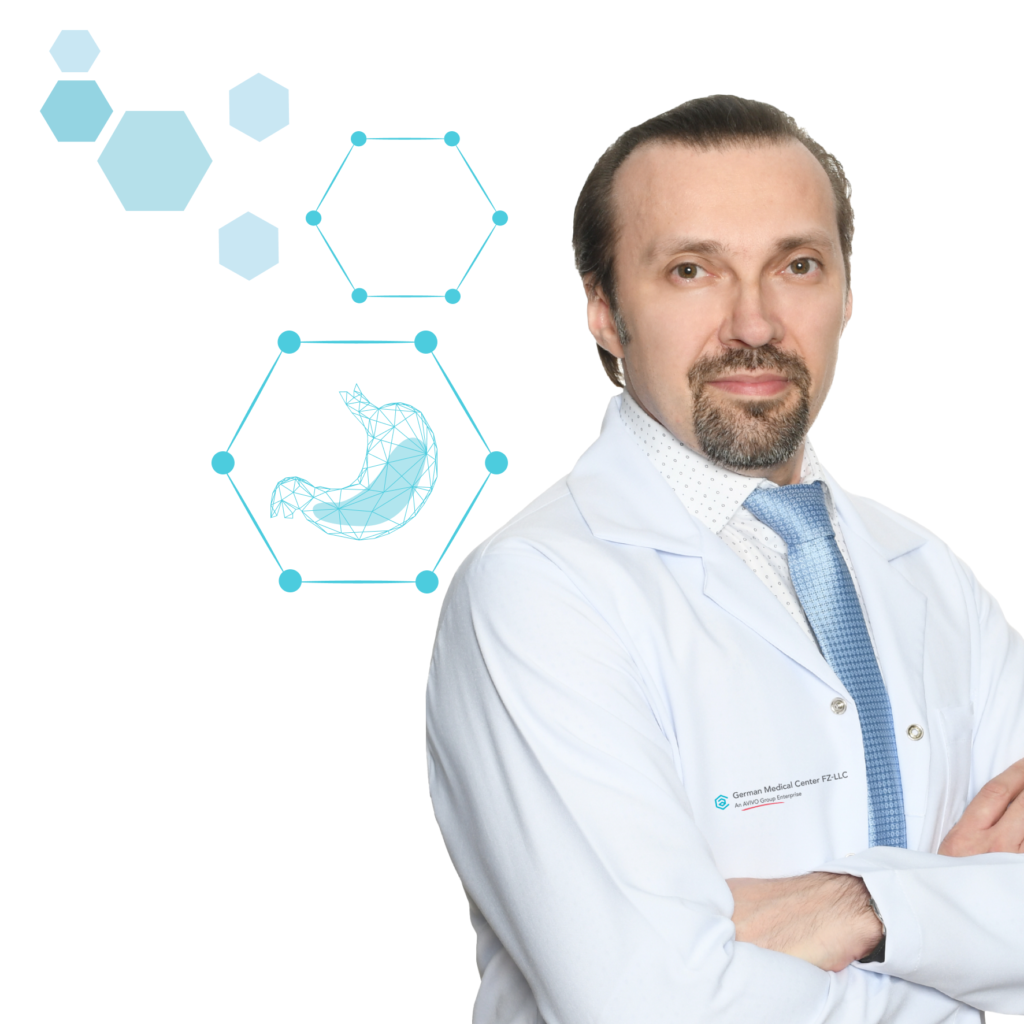
Dr. Sebastian Cuzincu
Gastroenterology and Internal Medicine
food poisoning can be a distressing condition that can leave you feeling miserable for days.
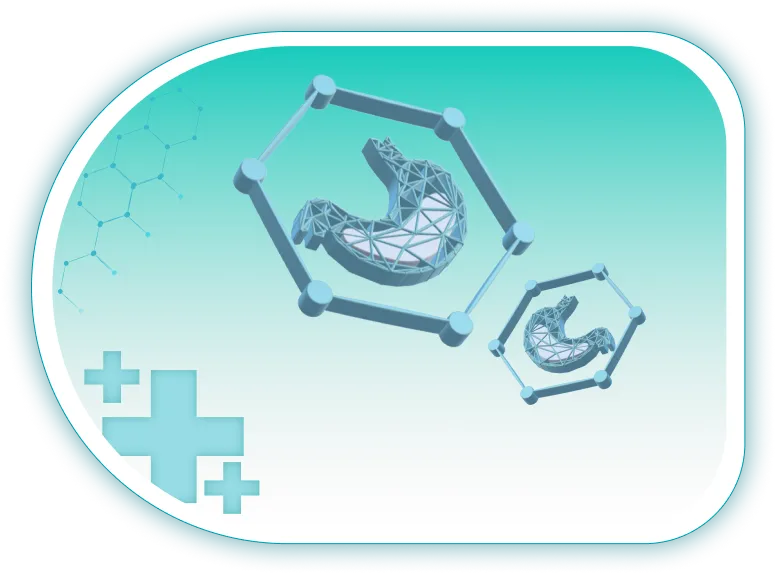
As enjoyable as dining out can be, there is always a risk of food poisoning. This condition is caused by consuming food or drink that is contaminated with harmful bacteria, viruses, or parasites. Symptoms can vary but commonly include vomiting, diarrhea, fever, and stomach cramps. In this article, we will discuss the various treatment options available for those suffering from food poisoning.
If you are experiencing vomiting from food poisoning, it is important to stay hydrated. Sipping on water, clear broth, or oral rehydration solutions can help replace lost fluids and electrolytes. However, it is recommended to avoid caffeine, alcohol, and dairy products, as these can make symptoms worse.
If you are experiencing symptoms of food poisoning in Dubai, it is important to seek medical attention as soon as possible. The German Medical Center in Dubai is a leading healthcare facility that offers expert care and treatment for a range of medical conditions, including food poisoning. Their team of experienced doctors and medical professionals can help diagnose your condition and provide the appropriate treatment.
In conclusion, food poisoning can be a distressing condition that can leave you feeling miserable for days. However, with the best treatment for food poisoning and care, you can recover quickly and return to your daily routine. If you are experiencing symptoms of food poisoning, remember to stay hydrated, consult with a medical professional, and seek treatment from a trusted healthcare provider like the German Medical Center in Dubai.
Our team of experts are passionate about providing only the best quality care and treatment to their patients.

Gastroenterology and Internal Medicine
A cutting-edge medical technique that plays a crucial role in diagnosing and treating disorders of the bile ducts, pancreas, and gallbladder....
Liver Elastography – an advanced medical imaging technique designed to assess the health of your liver with precision and non-invasiveness....
Abdominal pain can be a symptom of a wide range of medical conditions and can manifest in different ways depending on the...
Colorectal cancer (CRC) is a type of cancer that affects the colon or rectum. It can develop from small growths called polyps in...
Stomach cancer, also known as gastric cancer, can cause a range of symptoms. However, it's important to note that not everyone...
Liver cancer is a serious and potentially life-threatening condition that requires prompt diagnosis and treatment....
Colon polyps are usually detected during a routine colonoscopy. During the procedure, a long, flexible tube with a camera on the...
Pancreatic cancer often does not cause symptoms in its early stages....
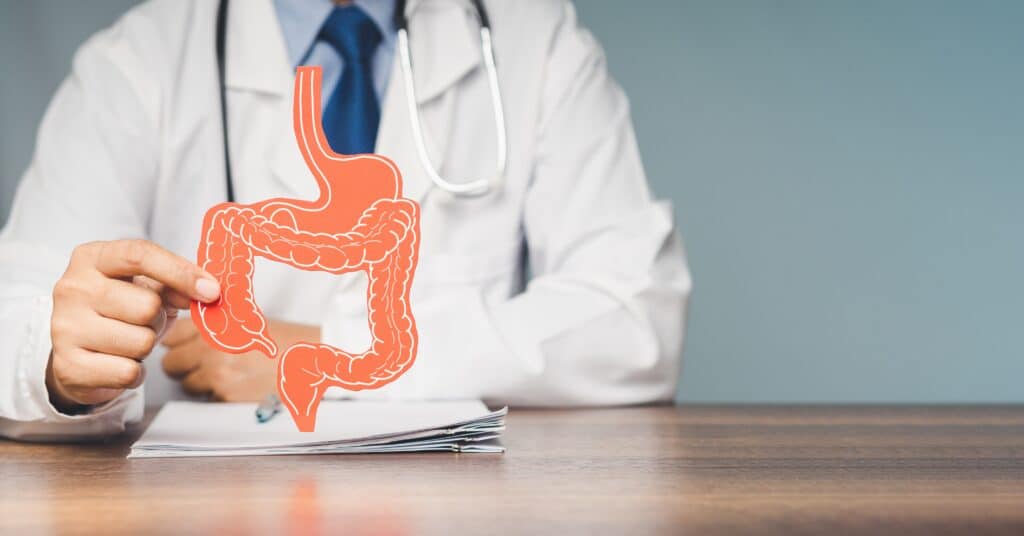

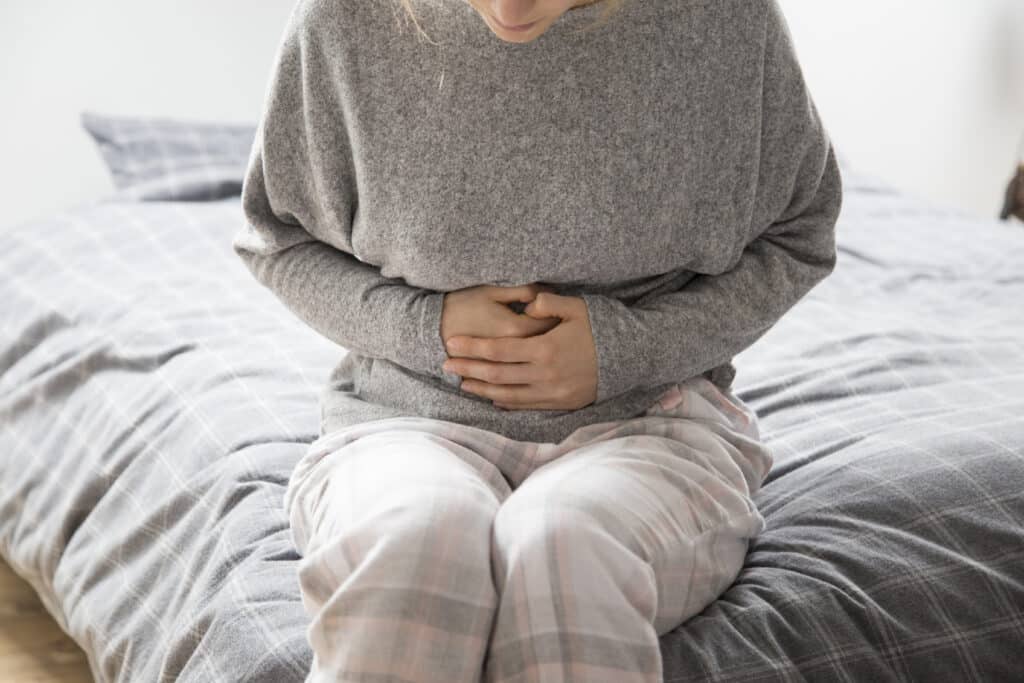
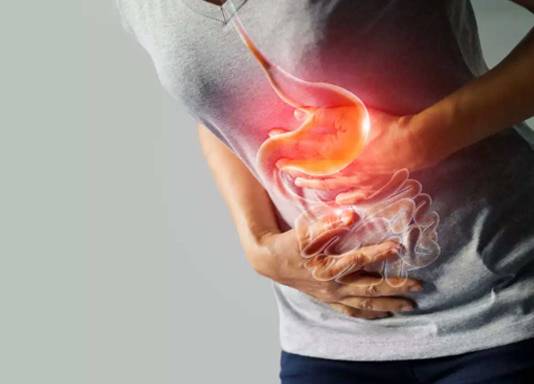

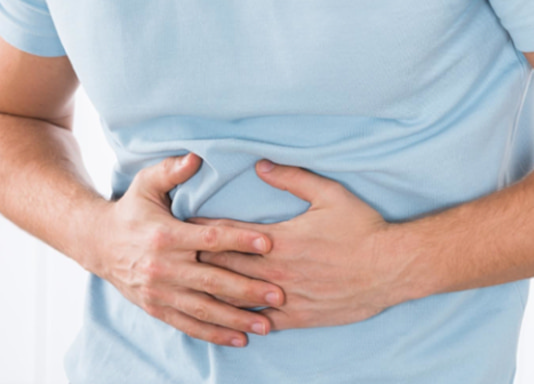
Our customers are at the heart of everything we do, and we are committed to providing them with one of the best possible care and service and that's why platforms like UpTopics publish us in top.

Based on 206 Google Reviews

Partner with:
Partner with:


German Medical Center is one of the leading medical institution in Dubai formed by a group of specialists who are passionate about providing the personalized care tailored to the patient's unique needs.
Fill out our easy online form to book an appointment with German Medical Center. Our team of experts is dedicated to providing you with personalized care and guidance every step of the way. Don't wait, take charge of your well-being and schedule your appointment now!